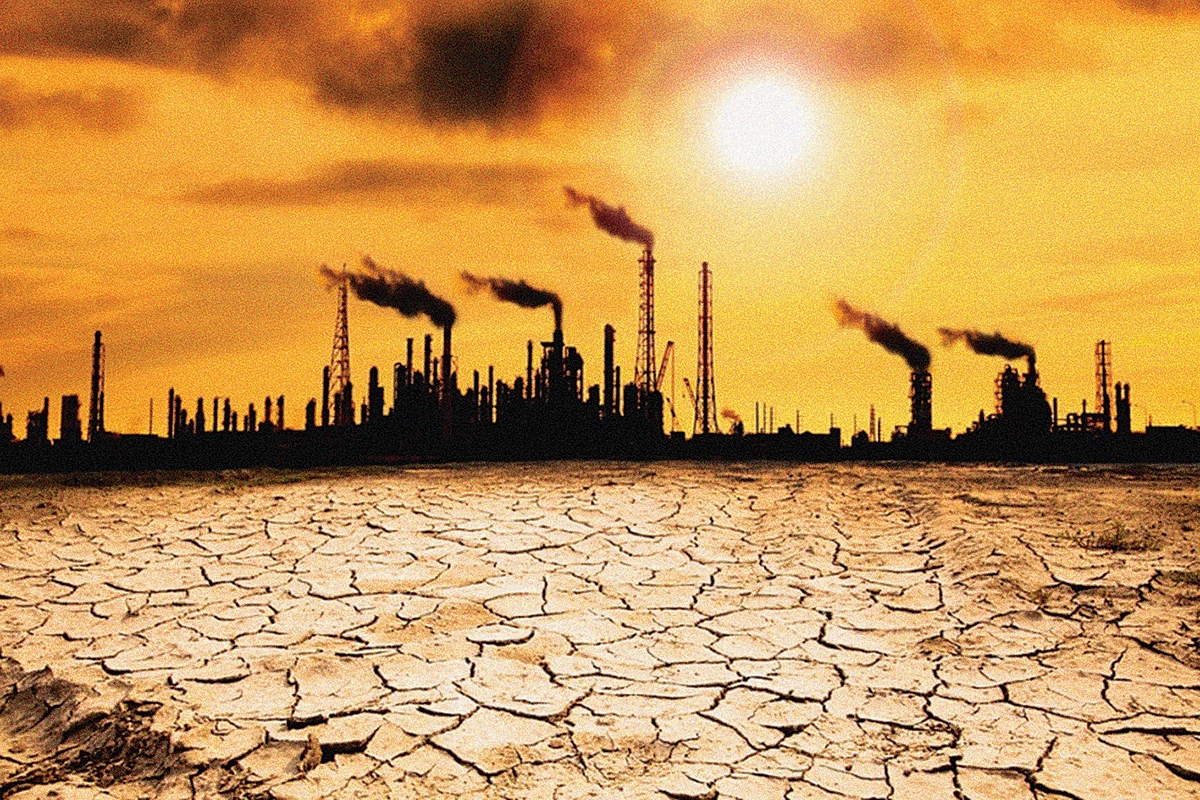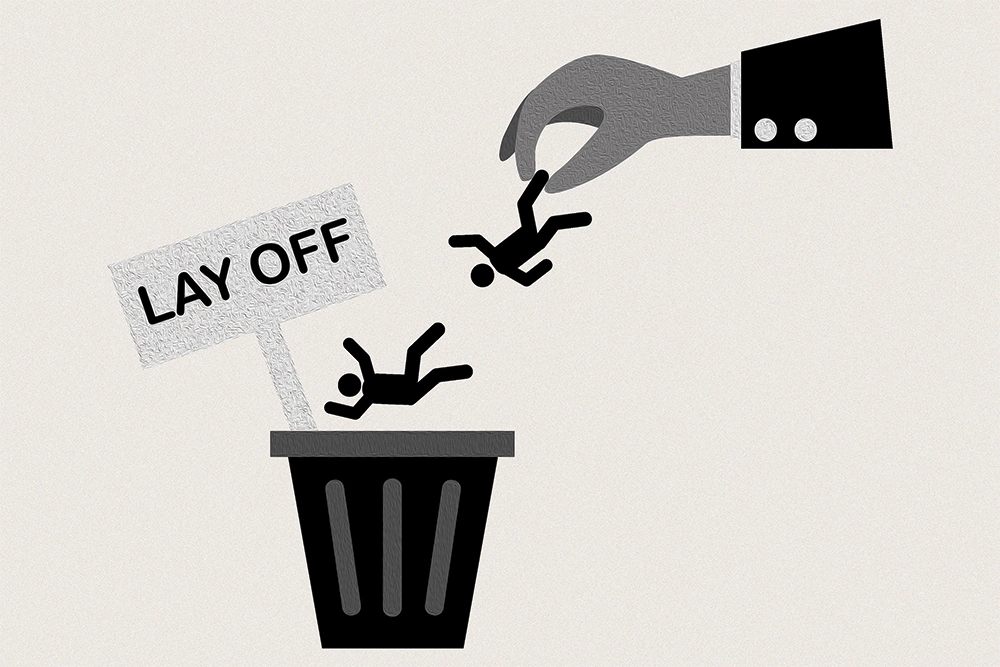Climate Crisis on Back Burner
Corporate giants neglecting climate change at planet’s peril
Clear and present crises often overshadow bigger dangers lurking in the background. The global panic caused by the Covid 19 pandemic has diverted our attention from many other lethal predators.
The Covid virus has claimed around five million lives across the planet. It has wrecked societies and economies. Governments are being hailed or hauled over the coals depending on their good or bad performance in the ongoing battle against the lethal virus which is reincarnating in deadlier forms over the last two years.
Compare this to the under-reported and largely neglected figures about air pollution toll provided recently by the World Health Organisation. The global organisation says that almost the entire world breathes air that breaches WHO guideline limits. Result: almost seven million deaths worldwide every year with low and middle-income countries the worst sufferers. It is obvious that air pollution and the resultant climate change are far bigger killers than Covid 19. The two have been stalking the earth for years, creating deadlier records with time. Yet, compared to the frenetic fight against Covid 19 our concern about climate change seems rather muted.
Why should this be so?
Is it because a club of 100 investor-and-state-owned fossil fuel (coal, petroleum and natural gas) companies account for 70% of the world’s historical greenhouse gas (GHG) emissions? These mighty corporations have the wherewithal to create their own narrative to run the way they do.
It was estimated in 2019 that the world’s five largest publicly-owned oil and gas companies spent about $200 million annually to influence climate policy to their advantage. The world suffers as it hurtles towards disaster. The corporations forget that they are part of the planet and environmental disasters won’t play lovey-dovey with them.
Writing in Harvard Political Review in January 2020, Elliott Hyman asserted that business behemoths tend to place the responsibility for fighting climate change on individual consumers, “conveniently ignoring the disproportionate climate impact of corporate interests…At the current rate of global greenhouse gas emissions, climate change could displace two billion people due to rising ocean levels,…all before (year) 2100.”
Hyman took up cudgels against the corporations with the following data-backed argument: “…individual actions have minute effects relative to these (GHG) emissions — average American households produce only 8.1 metric tonnes of carbon dioxide out of a total of over 33 billion tonnes globally. Fossil fuel interests spend billions on climate science denial to mislead the public about the truth behind the crisis and push the misperception that through individual actions alone climate change can be stopped.”
It was estimated in 2019 that the world’s five largest publicly-owned oil and gas companies spent about $200 million annually to influence climate policy to their advantage. The world suffers as it hurtles towards disaster.
The assiduous manipulation of the climate narrative drives even the common man to harbour serious doubts about the truthfulness of climate change. Add to this the tribe of pompous politicians like former US President Donald Trump who mocks climate change as a myth and “fake science”. Trump may have lost to Joe Biden but he had hordes of die-hard supporters who caused mayhem in the White House on his defeat. It, indeed, takes all kinds to make the world.
There is no dearth of dirty tricks in the corporate bag. It is being argued that tackling climate change is not economically feasible. Economists differ. They say that even 1% of the global GDP can make a considerable difference. Neglect now and later will only push up the cost with current and ensuing suffering a certainty. Mark Maslin, professor of earth system science, University College London, writes, “But if we don’t act now, by 2050 it would cost over 20% of world GDP…What the climate change deniers also forget to tell you is that they are protecting a fossil fuel industry that receives $5.2 trillion in annual subsidies. This amounts to 6% of global GDP.”
Prof Maslin quoted IMF estimates which claim that efficient fossil fuel pricing would lower global carbon emissions by 28%, fossil fuel air pollution deaths by 46%, and increase government revenue by 3.8% of the country’s GDP.
Why can’t corporates be sensible and humane for a change?
The author is a poet and writer and also Chairman of BLC and Basant Chaudhary Foundation. Views are personal







